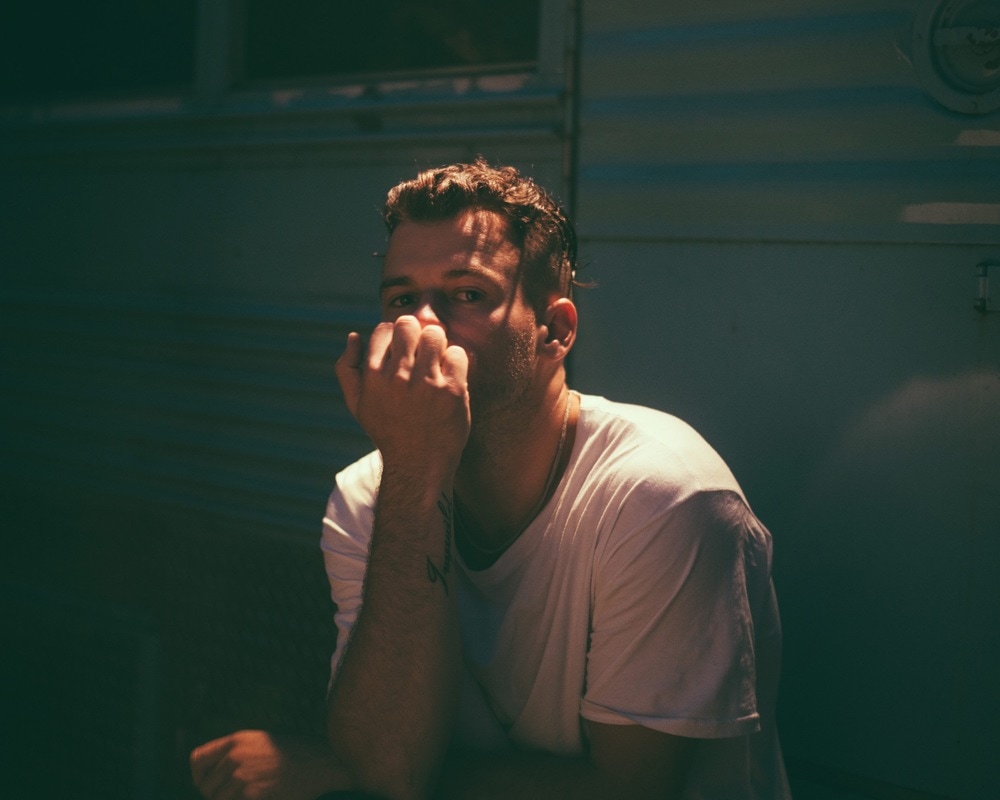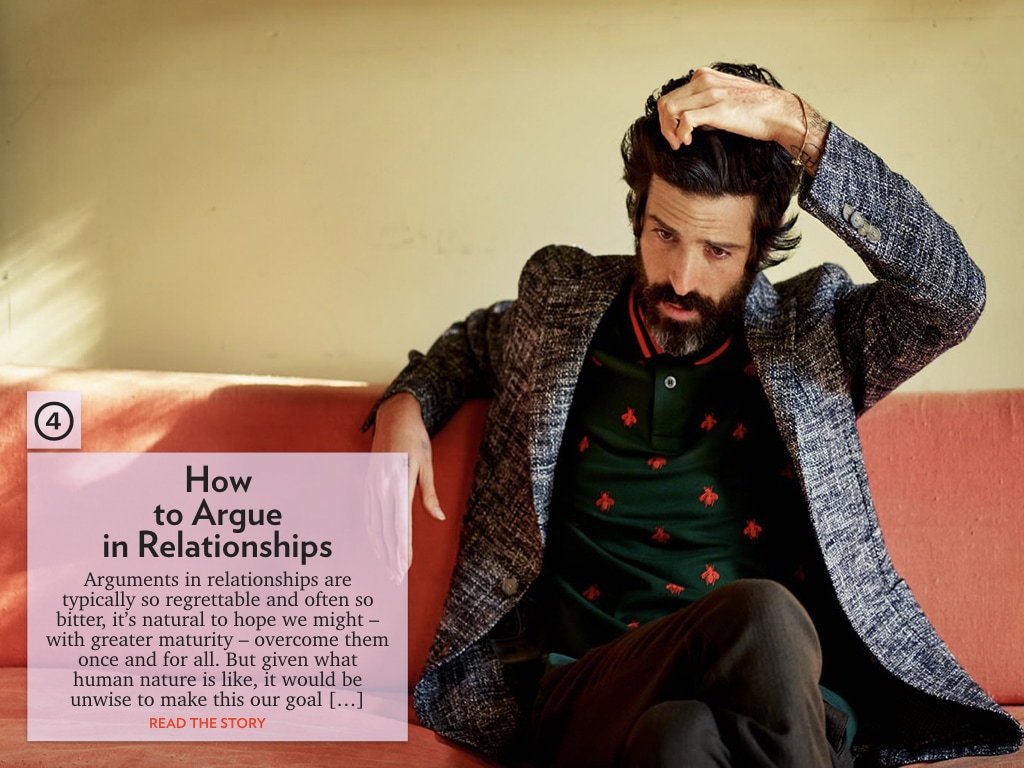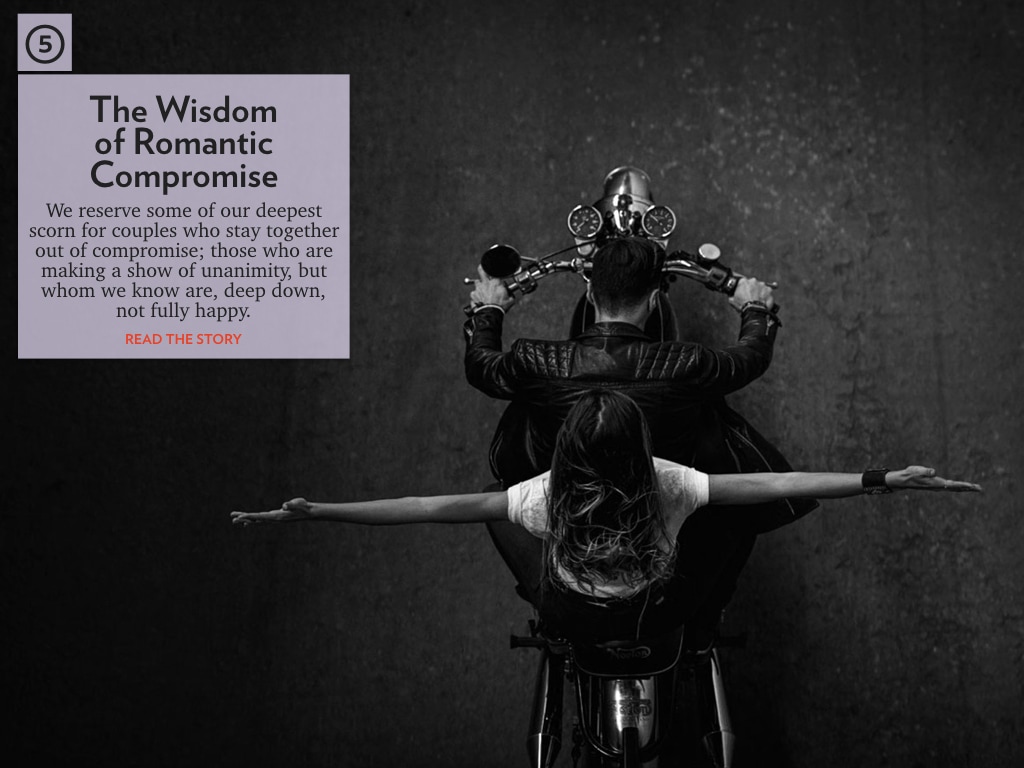⊕ PSYCHOLOGY | LOVE
The Many Sorrows of Love
Mastering the sorrows of love should not be taken to imply that no relationship, however miserable, could ever be worth leaving – or indeed that being in relationship must be the only state worth valuing. |
|
|
|
|
MORE
|




